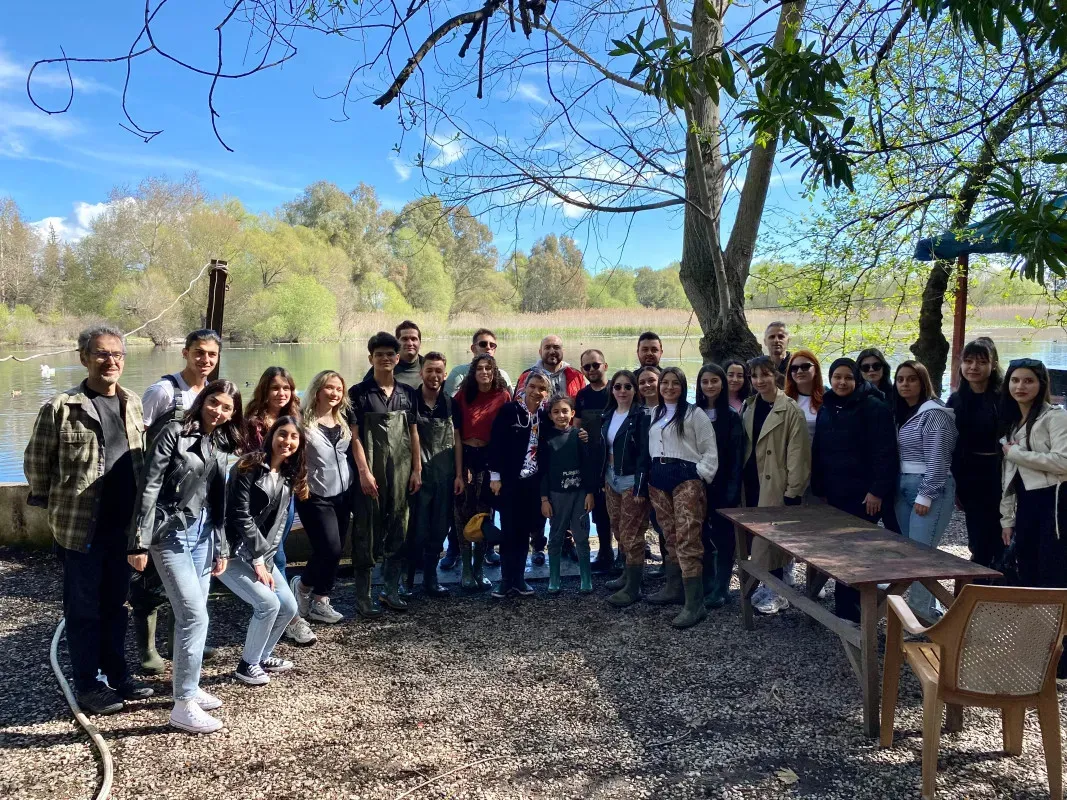Definition and Introduction
Biology is the science that investigates the structural, functional, morphological, ecological, and developmental characteristics of all living beings, studies their origin, distribution, and classification based on their evolutionary development, and serves as a fundamental basis for many scientific fields. The science of Biology is needed in many research areas, primarily health, veterinary, and food. Developments in biological sciences form the basis for advancements in many fields worldwide. Biological research and developments actually form the foundation of many areas, from the health sector to the food sector, from the livestock sector to the pharmaceutical sector. Therefore, our knowledge about many living beings and/or groups of living beings, especially humans, has been exponentially increasing up to the present century and it is evident that it will continue to increase in the future.
Mission-vision
As the Biology department, our vision is to be a unit that is followed on a national and international scale, primarily in demand, and makes significant contributions to the development of our university, our region, and our country. Our mission and purpose as the Biology department are to train biologists who can conduct innovative, original, and qualified studies in accordance with the fundamental principles of natural sciences and ethical values by following current scientific developments, have problem-solving abilities, have developed awareness of protecting the environment and biological richness, have received qualified education, and are equipped with contemporary knowledge.
History
The Biology Department Undergraduate Program has been active within the Faculty of Science and Letters since the 2008-2009 Academic Year. The department's graduate education activities continue with the Master's (2009-2010) and Doctorate (2013-2014) Programs within the Institute of Science.
Job description and employment areas
Students who graduate from the Biology Department will receive the title and authority of "biologist." Biology graduates will have the opportunity to work in various fields such as health services, medical research units, biotechnology, hydrobiology and aquaculture, national parks and wildlife, biology education activities and biology programs, environmental protection, ecological planning, agriculture and forestry, food control laboratories, treatment plants, biological products, criminology and forensic medicine, customs, biomedical, pharmaceuticals and pharmaceutical raw materials, cosmetics, and vector control.




















